I met Lucille Keil when she was a spry 84-year-old museum guide. She was my docent at the Young Museum in Bellevue, Iowa, leading me around the house filled with souvenirs collected by Joe and Grace Young during their world travels. During that first tour, she scowled when we reached a glass cabinet near the kitchen.
On a shelf in front of us, someone had rotated a porcelain piece called Landlord in Love. It depicts a man peeping through a hole in a wall at a partially undressed woman. With the piece turned around, guests weren’t subjected to the scandalous sight of the female figure’s bare breasts.
“That’s not right,” she said to me. “I think we should show things as they really are. They [the Youngs] had a sense of humor or else they would have not bought that piece.”
Right then I knew we were going to be friends. Lucille died on June 13, 2019 at the age of 96. She led a remarkable life, an admirable life. And she was one of the toughest and smartest people I ever met.
Barely five feet tall with dusty brown hair that added a few additional inches of vertical height, Lucille was warm and gracious during our first tour. She articulated every word and phrase with the precision of a German engineer, which did nothing to disguise the enthusiasm she felt for the museum’s unique collection.
As she led me around, she told stories about the Youngs and the objects in their house, then paused to ask a few questions about my life and background. I think the Youngs left their collection to the people of Bellevue to show them the world beyond their small river town. It certainly did that for Lucille.
I went back to Bellevue three weeks after my first visit and asked to interview her, which simultaneously flattered and disarmed her. As she fumbled over words trying to clarify that I wanted to interview her, she lost track of her footing and nearly stumbled over the stoop.
I’ve been wanting to tell Lucille’s story for some time, but she wouldn’t have it. She didn’t want the attention. Well, she can’t stop me now.
Lucille grew up in rural Bellevue, the daughter of Frank Ernst and Rose Mueller. Musical talent runs deep in the family. Rose and her sisters played in a well-regarded band when they were young. Rose had an opportunity to get a music education but passed on it to stay home and help with the family. Lucille learned to play the piano and passed on the family’s love of music to her son, Kenny, Jr., who played the guitar and piano and sang.
After finishing high school, Lucille got a job at the Savanna Army Depot assembling bombs, but the work made her sick and she had to quit. She then worked as an assistant for Dr. Edward Hanske in Bellevue for three years, until he died. She was a Jane-of-all-trades for the doctor, learning how to wrap the feet and ankles of athletes, as well as managing appointments and doing some accounting. After his death, she stayed on for six months to close out his accounts.
She moved to Chicago after that. I don’t remember if I asked her why she made the move, but I think she just wanted to see more of the world. A cousin on her father’s side helped her land a job as a waitress at the Fred Harvey Restaurant in Union Station. She loved the work, and not just because one of her regular customers was legendary musician and songwriter Hoagy Carmichael (who was a good tipper).
She lived in Chicago for three years but admittedly never felt comfortable in the big city. She moved back to Bellevue and married Ken Keil. They had a son, Kenny, Jr., but their marriage was tumultuous. Ken was controlling and often verbally abusive. When they fought over Kenny’s baptism, Lucille drew a line in the sand: Kenny would be baptized Catholic (Ken Senior was Protestant) or she would leave. Ken refused, so Lucille left.
Ken was a World War II vet and, in retrospect, may have been living with combat-related Post-Traumatic Stress Disorder. Regardless, he was a pain in the ass to live with and she’d had enough of being unhappy with him; still, a clean break was hard to follow through on. He came and went a few times after the initial separation; Lucille wasn’t proud of the fact that she kept letting him come back. Ken finally filed for divorce when he met another woman.
I asked Lucille if she ever wanted to remarry. She didn’t hesitate. “No; I wanted my independence.”
Lucille went back to work at the Savanna Army Depot where she stayed for 32 years, working her way up from a GS2 rank making $2,000 a year (“It went a lot further then than it goes now.”) to a GS7 making $22,000. Every workday, she’d walk down to the dam on the Mississippi River and cross it on foot—whether it was raining, snowing, or blisteringly hot—and board a school bus on the Illinois shore that shuttled her and other employees to their jobs at the Depot.
For most of her career, she worked in the transportation department where she was responsible for shipping products from the Depot to places around the country, products like explosives. “There really is a lot more to shipping explosives than a person thinks. It wasn’t just typing from copy.”
She raised Kenny more or less on her own. She saved enough money to pay for his first two years of college in Dubuque, then he was accepted into what I think was the National Health Service Corps which paid for the rest, including medical school.
After she retired from the Depot in 1984, she wanted to stay active and social, so she volunteered at the Young Museum. The museum was a good fit for her. She had an unquenchable curiosity and read voraciously. For the first sixteen years she worked there, she was a junior guide, which meant she was restricted to leading tours on the second floor only.
She started with a better-than-average knowledge of collectibles because her parents had once owned an extensive assortment of antiques and dishware. (Most of which was lost when their house burned down in 1941.) She shared what she knew about the collection of teapots, figurines, antique furniture, spoons, lamps, and hats with visitors and eagerly solicited their input on items she didn’t know about.
“It’s surprising some of the people who come to you and you wouldn’t expect them to know what some of these things are. Like that little bottle, that little snuff bottle upstairs on the dresser. It turns to be some fishermen who were down here on a Sunday afternoon. They must have had the boat down on the bank and it started to rain. And they came up and then they apologized because they were all wet and smelled like fish. He was the one who knew what that little snuff bottle was, that’s different, than most of them.”
On the other hand, she didn’t take kindly to having her knowledge challenged about items she had researched. “I’ve had people also who tried to argue with me. When I know I’m right, I don’t say a thing and from then on they are on their own.”
She volunteered at the museum until it closed in 2014, giving it 30 years of solid service.
When she wasn’t working at the museum, she was busy funneling a lot of energy into worrying about her grandchildren. When she was especially concerned about them, she would call her regular psychic to get a sense of how things were going to turn out. After that, she would also go to St. Joseph Catholic Church and pray for them. She didn’t believe in putting all her eggs in one basket.
She valued her independence, but it came with a cost, too. In the last few years, I think she felt more isolated. She knew fewer and fewer people in town, didn’t even know many of the ushers at the church. “But I go to the cemetery, and I know everyone there,” she told me, with a chuckle.
Lucille had a great laugh. Her whole face lit up with joy. She also had an impressive temper, which, when engaged, turned her face deep red and tight as a drum. While she always chose her words carefully, one time she let that anger get the best of her and her normal decorum slipped. She referred to the source of her anger as “an asshole.” She quickly regrouped, telling me, “I don’t use that word very often, but when I do, I mean it.” And she followed that with a good laugh.
Lucille seemed to get most riled up when she felt like someone was making decisions about her instead of with her. In her hierarchy of life priorities, family and faith were numbers one and two, but that independence was a bullish number three.
Yes, she was tough as they come, just not in the way we typically think about it. She didn’t get in bar fights or drive a pimped-out pickup or belittle people for their beliefs or how they lived their lives. No. She was tough because she was an independent woman in a small Midwestern town during an era when women were supposed to be anything but independent.
She was tough because she lived her life the way she saw fit and couldn’t care less what other people thought about her. And she did it in a community where she almost certainly knew what everyone thought about her.
She was tough because she raised a son on her own and helped put him through medical school. She was tough because she kept on with her life after that son moved far away from Bellevue to practice medicine and started his own family. She was tough because she found a way to keep living her life after that son died unexpectedly at far too young an age.
She was tough because, in spite of the unimaginable grief of losing her only child, she felt deeply grateful for having had someone so special as part of her life, even if only for a while.
That toughness kept her in good health and living independently into her early nineties. A stroke three years ago slowed her down quite a bit, but she managed to regain enough functional mobility to move back home before stomach cancer brought it all to an end.
I met Lucille when I was in my early forties and she was 84. I didn’t expect that she’d be around for my retirement party or that we’d still be meeting for lunch 20 years later. Still, her loss hit me hard. She was a remarkable person, tough but caring, fighting for her independence to the very end. I will miss her terribly, but I also feel so grateful that I was lucky enough to have her as part of my life for as long as I did.
Rest quietly now, Lucille, and we’ll catch up on the other side.
Community-supported writing
If you like the content at the Mississippi Valley Traveler, please consider showing your support by making a one-time contribution or by subscribing through Patreon. Book sales don’t fully cover my costs, and I don’t have deep corporate pockets bankrolling my work. I’m a freelance writer bringing you stories about life along the Mississippi River. I need your help to keep this going. Every dollar you contribute makes it possible for me to continue sharing stories about America’s Greatest River!
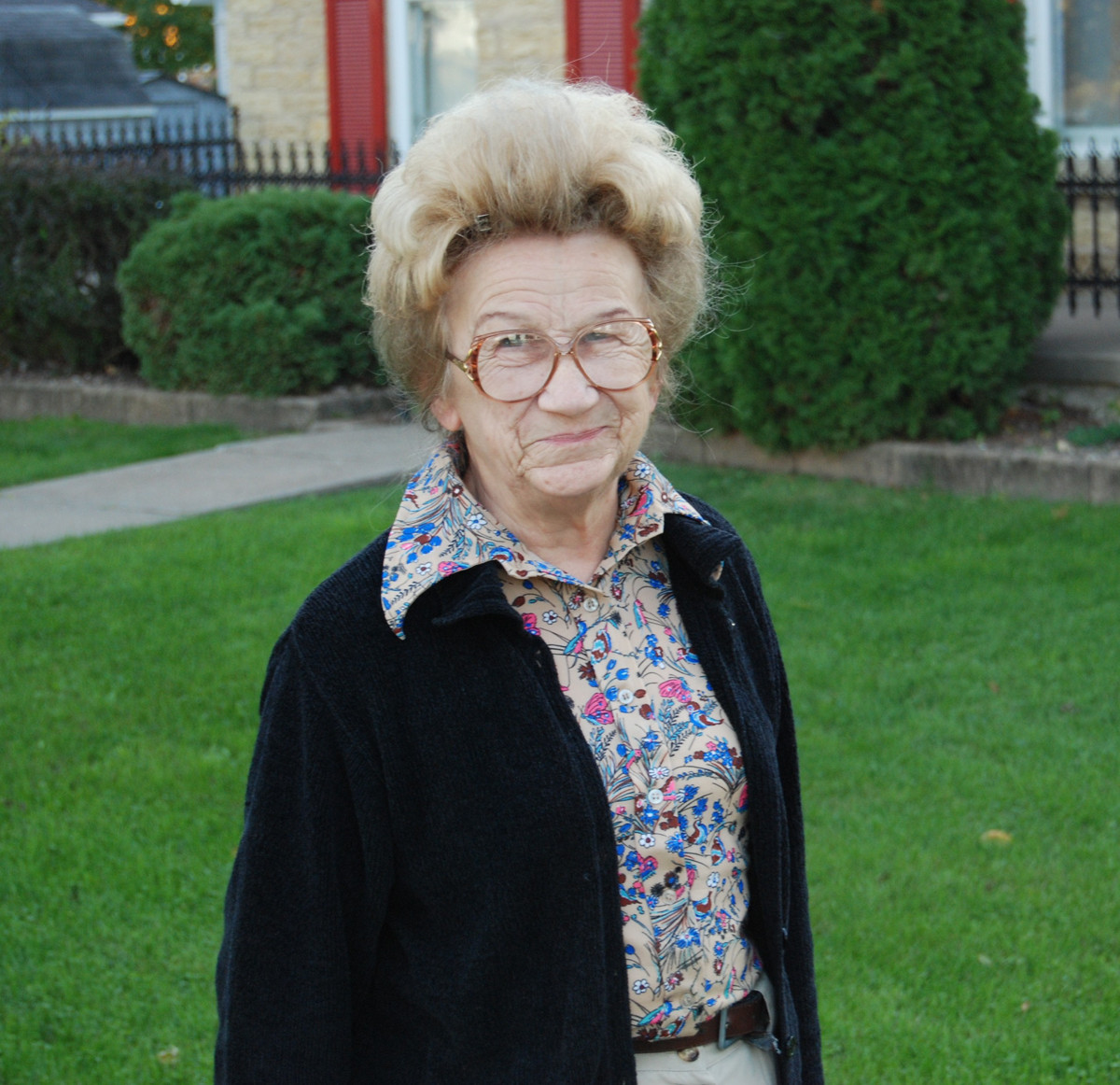
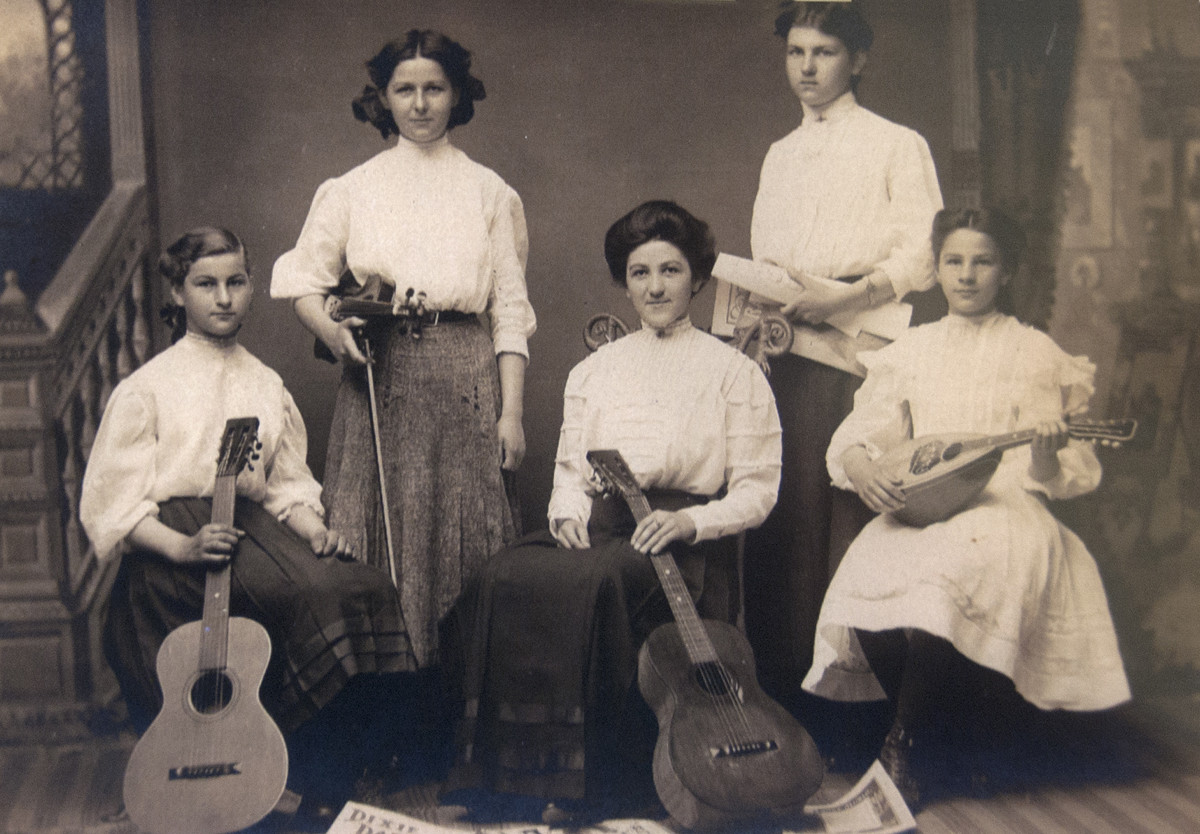

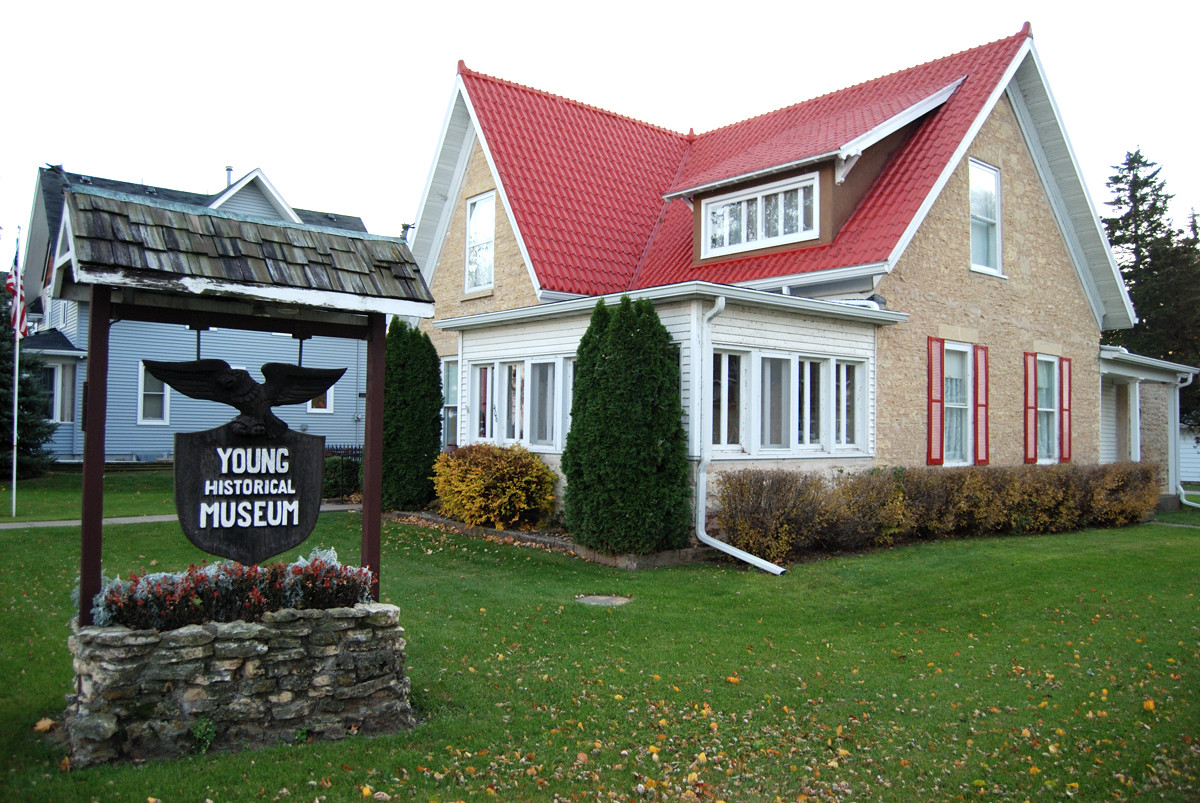

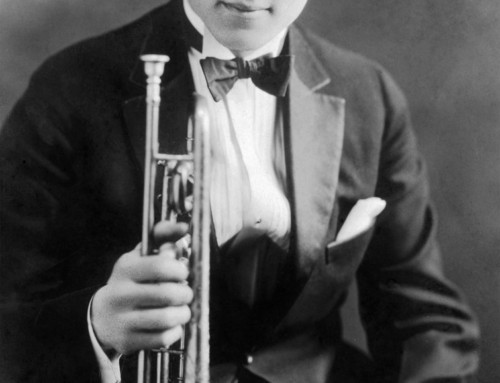
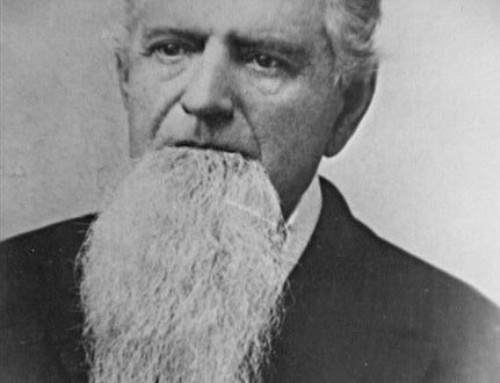
Thanks, Amy! She was something special.
I’m so sorry, Dean. What a treasure! Glad you had those years of knowing her…but it wasn’t enough time.